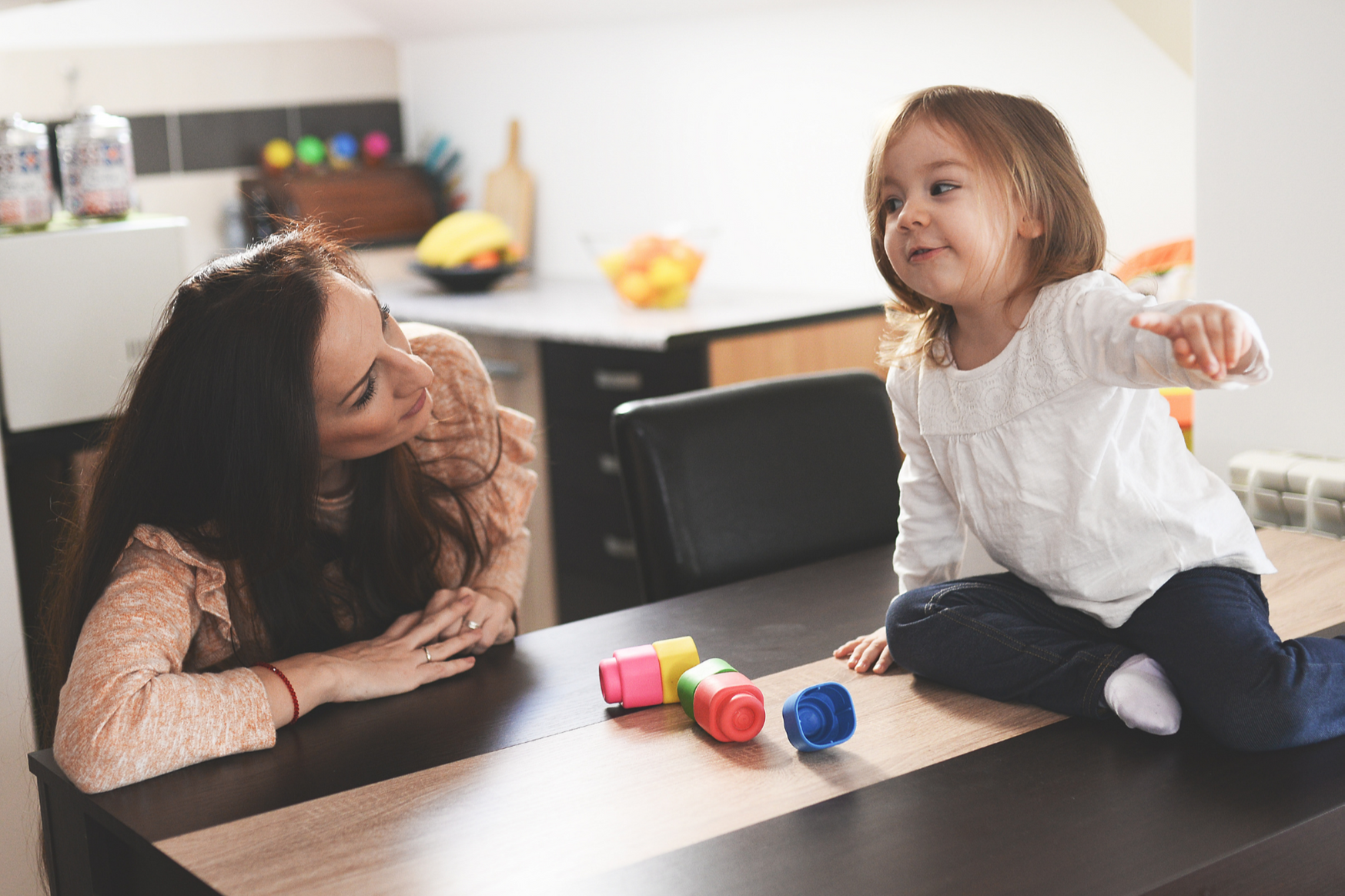Labels & How to Avoid Them
We are told labelling our kids is a bad idea but what is it, why don’t we want to do it and how can we avoid it? Read on to find out and to discover 5 steps to prevent it from happening in your family.
How to Raise Courageous Children
Children need courage to embrace life fully so how can we help to facilitate them to be courageous?
I think there are 5 key things…
Acceptance
Attention
Appreciation
Praise in Moderation
A Courageous Role Model
A Step by Step Process to Addressing Challenging Behaviour
There are always going to be times when you want to address behaviour that isn’t acceptable. This guide will help you do so effectively while nurturing and deepening your relationship with your child.
Deepening Your Relationship with Good Questions
The answer is only as good as the question, so if we want to get to know our child on a deeper level, we need to get good at asking questions they are interested in answering!
If you want the answers to keep coming, here are some rules before you begin…
Appreciation vs Praise
Praise feels good, but appreciation goes deeper. While praise focuses on what a child does, appreciation reflects who they are. This article explains how recognising your child’s inner qualities—like creativity, focus, and kindness—builds lasting confidence, resilience, and secure self-worth, strengthening your connection and supporting their emotional development.
Read on to find out….
Listening to Your Child & Why it Matters
Listening well soothes, strengthens, and empowers our children.
And the best part?
All we have to do is be quiet.
Isn’t that liberating?






